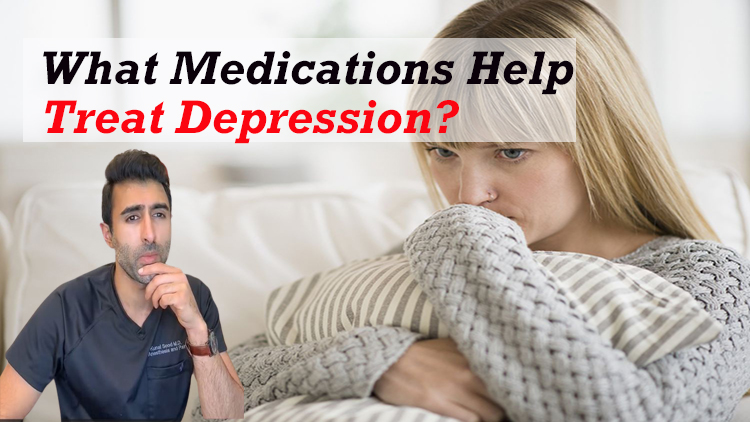
Supplement labels make big promises, but scientific research doesn’t support them.
There are many ideas and methods out there geared toward weight loss. One option on the market is weight loss supplements.
It’s hard to go anywhere online without seeing ads for those supplements. They pop up on social media and paid ads on random web pages, promising you’ll lose a huge amount of weight quickly by taking one of those pills or powders.
But despite the claims, one study published in 2021 in Obesity found no good evidence to suggest that many popular weight loss supplements work.
What Were the Study Findings?
The 2021 study was a review of 315 randomized controlled trials. In scientific research, those trials are the gold standard.
The trials evaluated the efficacy of 14 dietary supplements, including:1
- Chitosan
- Ephedra or caffeine
- Green tea
- Guar gum
- Garcinia cambogia
- Chocolate or cocoa
- Conjugated linoleic acid
- White kidney bean
- Calcium plus vitamin D
- Chromium
- Hydroxycitrate
- Phaseolus
- Phenylpropanolamine
- Pyruvate
Of the 315 trials, only 16 found evidence of significant weight changes, from one to 10 pounds, in people who took supplements compared to a placebo. Even then, the weight loss results were inconsistent. For example, some studies would show a supplement linked to weight loss, while others found it wasn’t.1
The researchers who conducted the 2021 study had “full objectivity” in looking at the supplements, lead study author John A. Batsis, MD, an associate professor in the department of nutrition at the University of North Carolina at Chapel Hill, told Health.
The results “suggest that more high-quality evidence is needed” before companies can advertise those supplements to people, added Dr. Batsis.
“Despite the large number of potential supplements available, this review does not support strong, high-quality evidence of the efficacy of any of these products,” explained Dr. Batisis.
What Are Weight Loss Supplements Exactly?
A wide variety of weight loss supplements are available. Common ingredients include botanicals, dietary fiber, caffeine, and minerals. The supplements also come in forms like capsules, liquids, and bars.
Many manufacturers claim that their products reduce the following to help people lose weight:2
- Macronutrient absorption
- Appetite
- Body fat
Manufacturers may also claim that the products increase metabolism and thermogenesis, which is how the body burns calories.
About 15% of adults in the United States have used a weight loss supplement at some point in their lives, with more women using them than men. People spend a lot of money on those supplements, too—about $2.1 billion per year.2
Also, the Food and Drug Administration regulates dietary supplements. However, the agency doesn’t require reviewing or approving those supplements before they go on the market. Instead, manufacturers are responsible for determining that their products are safe and the claims on the label are true and not misleading.
What Experts Said About the Study Findings
The results of the 2021 study seemed not to shock many experts.
“Many of these substances have not been well studied,” Fatima Cody Stanford, MD, an obesity medicine physician and clinical researcher at Massachusetts General Hospital, told Health. “When they are, many studies find what we see here—no significant weight loss.”
“This is 100% not surprising to me,” Keri Gans, RDN, author of “The Small Change Diet,” told Health. “So many supplements make claims that unfortunately have no conclusive scientific research to back them up.”
Given that there are no tight rules that regulate those supplements, there’s potential that they could make people less healthy, warned Dr. Stanford.
“As an obesity medicine physician and scientist, I believe in using evidence-based medicine to help persons address their excess weight,” said Dr. Stanford. There are also no dosage or safety measures to ensure that substances are well-regulated.
Getting to a healthy weight includes a lifestyle of eating healthy, exercising regularly, and managing stress.3 However, relying on supplements alone can mean that a person isn’t engaging in those other healthy lifestyle choices, said Gans.
“Taking a supplement in hopes of achieving weight loss is not teaching an individual anything about creating healthy habits for long-term success,” pointed out Gans.
So, if you’re concerned about your weight, speak with a healthcare provider about your options instead of taking weight loss supplements.
A Quick Review
One way that people may try to lose weight is with weight loss supplements. Research has found that some supplements, like green tea and caffeine, aren’t as helpful as they claim.
Also, the Food and Drug Administration doesn’t heavily regulate weight loss supplements or safety. So, it’s best to look to other healthy ways to lose weight.






